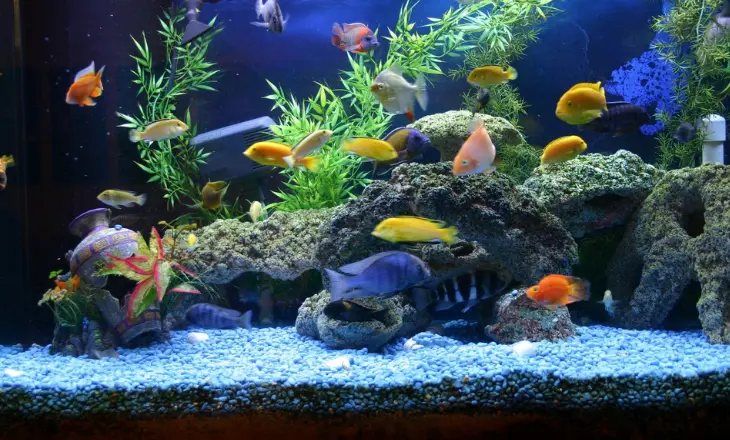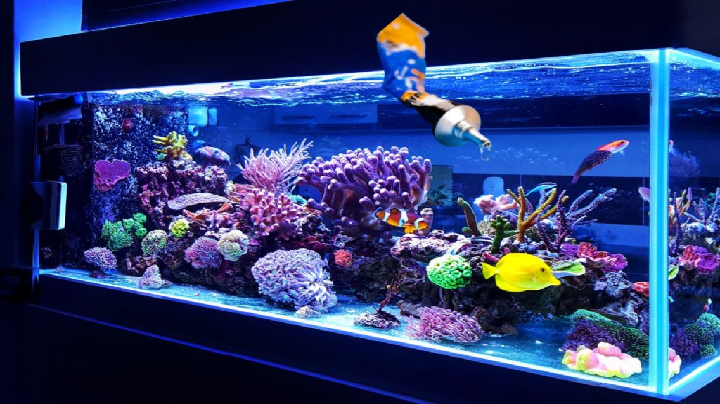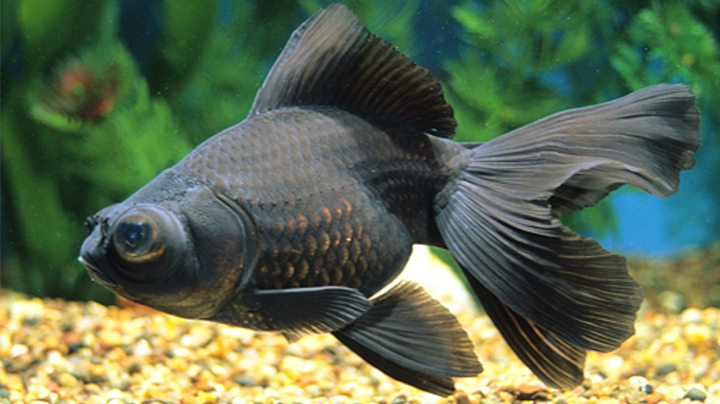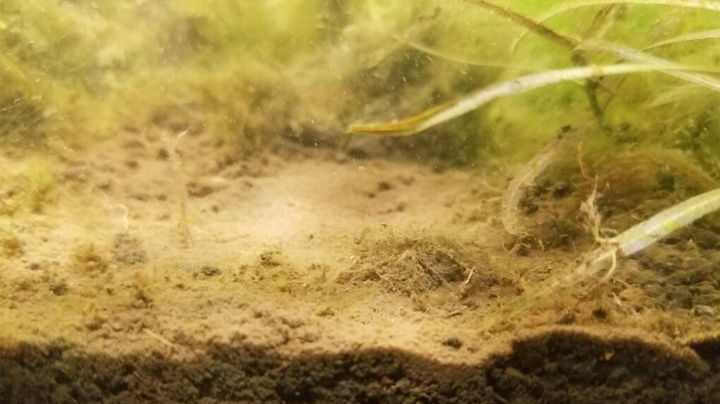Setting up a freshwater aquarium can be an exciting endeavor, but for beginners, selecting the right fish species is crucial for a successful and enjoyable experience. With so many options available, it’s important to choose fish that are hardy, easy to care for, and compatible with your aquarium setup. In this guide, we’ll explore some of the best freshwater fish for beginners, helping you make informed decisions as you embark on your fishkeeping journey.
Freshwater Fish for Aquarium
Guppy (Poecilia reticulata):
Guppies are perhaps the most popular choice for beginner aquarists, and for good reason. They come in a variety of colors, are incredibly hardy, and are known for their peaceful nature. Guppies are also livebearers, meaning they give birth to fully-formed fry rather than laying eggs, making them fascinating to observe as they reproduce. They thrive in a well-established aquarium with plenty of vegetation and can tolerate a range of water conditions.
Betta Fish (Betta splendens):
Betta fish, also known as Siamese fighting fish, are another excellent option for beginners. Despite their reputation for aggression, male bettas can live peacefully in a community tank as long as they’re not housed with other male bettas or fin-nipping species. They come in a dazzling array of colors and fin types, making them a visually striking addition to any aquarium. Betta fish are labyrinth breathers, meaning they can breathe oxygen from the air as well as from the water, which allows them to thrive in tanks with less surface area.
Platy (Xiphophorus maculatus):
Platies are small, peaceful fish that are ideal for beginner aquariums. Like guppies, they come in a variety of colors and are easy to care for. Platies are also livebearers, making them a good choice for aquarists interested in breeding fish. They are social creatures and should be kept in groups of at least three to prevent stress. Platies are omnivores and will readily accept a variety of foods, including flake, pellet, and live foods.
Corydoras Catfish:
Corydoras catfish are bottom-dwelling fish that are well-suited to community aquariums. They have a distinctive appearance, with their armored bodies and barbels around their mouths, and are excellent scavengers, helping to keep the aquarium clean by eating leftover food and debris. Corydoras catfish are social creatures and should be kept in groups of at least six. They prefer soft, slightly acidic water and should be provided with plenty of hiding places, such as caves or plants.
Neon Tetra (Paracheirodon innesi):
Neon tetras are small, schooling fish that are popular among beginner aquarists for their vibrant colors and peaceful demeanor. They do best in groups of six or more and should be kept in a well-planted aquarium with plenty of swimming space. Neon tetras are sensitive to water conditions, so regular water changes are essential to keep them healthy. They are omnivores and will eat a variety of foods, including flake, pellet, and live foods.
Zebra Danio (Danio rerio):
Zebra danios are energetic and active fish that are perfect for beginner aquarists. They are incredibly hardy and can tolerate a wide range of water conditions, making them ideal for less experienced fishkeepers. Zebra danios are schooling fish, so they should be kept in groups of six or more to thrive. They are also peaceful and get along well with a variety of tankmates. These fish are omnivores and will eat most commercially available fish foods, including flakes, pellets, and live foods.
Mollies (Poecilia spp.):
Mollies are colorful and lively fish that come in a variety of shapes and sizes, making them a popular choice for beginner aquarists. They are relatively easy to care for and can adapt to a wide range of water conditions. Mollies are livebearers, so they give birth to fully-formed fry rather than laying eggs. They are social creatures and should be kept in groups of at least three. Mollies are omnivores and will eat a varied diet, including flakes, pellets, and live foods.
Swordtail (Xiphophorus hellerii):
Swordtails are another species of livebearing fish that are well-suited to beginner aquariums. They are peaceful and easy to care for, making them a great choice for novice fishkeepers. Swordtails come in a variety of colors and fin types, including the popular “sword” variety, which has a distinctive extension on the lower part of its tail. They are social fish and should be kept in groups of at least three. Swordtails are omnivores and will eat a varied diet, including flakes, pellets, and live foods.
Harlequin Rasbora (Trigonostigma heteromorpha):
Harlequin rasboras are small, peaceful fish that are perfect for beginner aquariums. They have striking orange and black markings that add visual interest to any tank. Harlequin rasboras are schooling fish and should be kept in groups of six or more to feel secure. They are relatively hardy and can adapt to a range of water conditions. Harlequin rasboras are omnivores and will accept a variety of foods, including flakes, pellets, and live foods.
Bristlenose Pleco (Ancistrus spp.):
Bristlenose plecos are popular algae-eating fish that are well-suited to beginner aquariums. They have a distinctive appearance, with their flat bodies and bristle-like growths on their heads, which give them their name. Bristlenose plecos are peaceful and can help keep the aquarium clean by eating algae and leftover food. They prefer hiding places such as caves or driftwood and should be provided with plenty of vegetation. Bristlenose plecos are omnivores and will accept a variety of foods, including algae wafers, sinking pellets, and blanched vegetables.
Conclusion:
Choosing the right freshwater fish for your aquarium is key to creating a thriving aquatic environment. The species listed above are all excellent choices for beginners, thanks to their hardiness, ease of care, and peaceful nature. However, it’s important to research each species thoroughly and ensure that their needs are compatible with your aquarium setup before adding them to your tank. With proper care and attention, you can enjoy a beautiful and rewarding aquarium for years to come.







